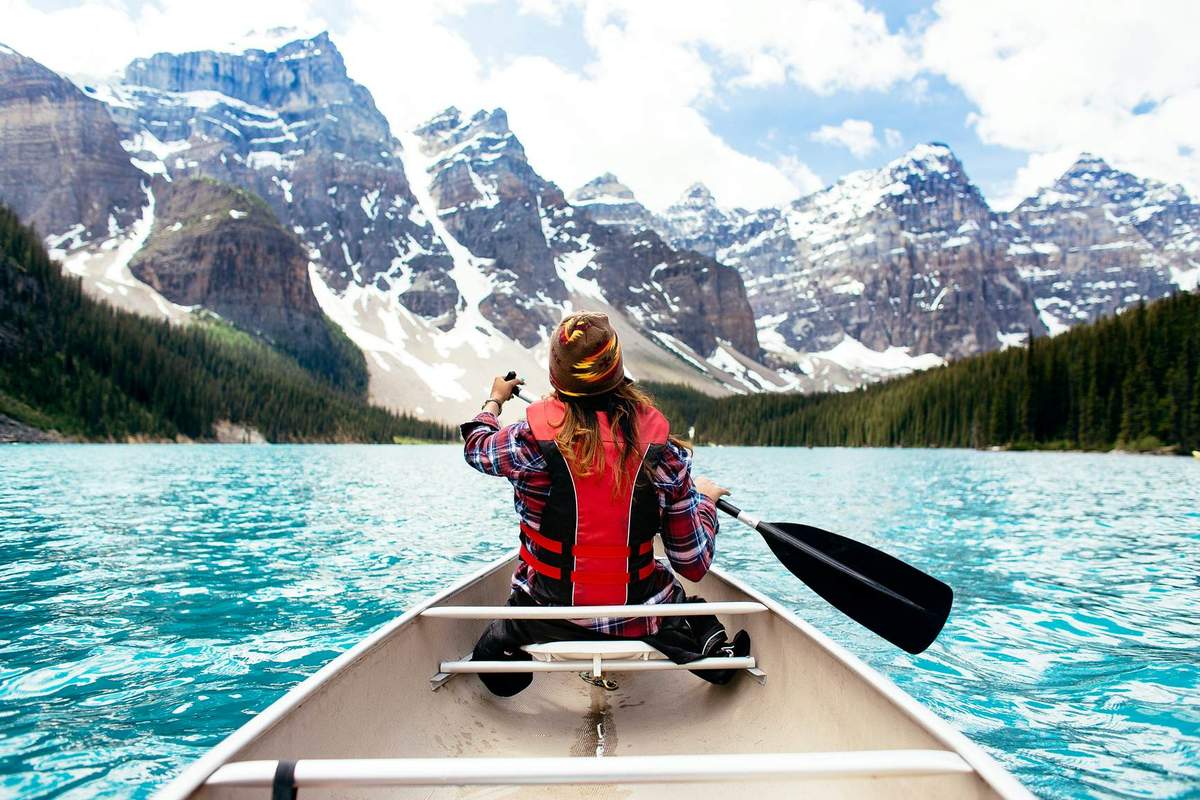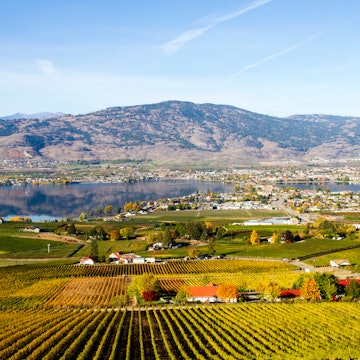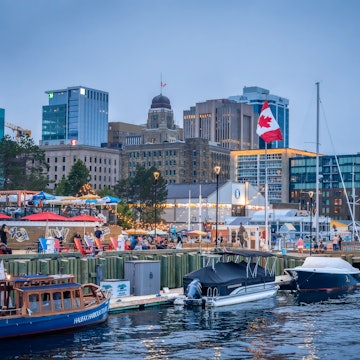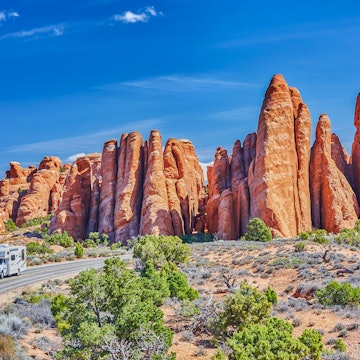
Discover where locals travel in Canada

We asked some locals for their favorite Canadian vacation spots © R.M. Nunes / Getty Images
Exploring Canada isn't something you can rush.
Every corner of this country, with its vast landscapes and changing views, tells a different story. But even for those of us who live here, seeing everything Canada has to offer is a lifetime's work. So, when Canadians have some time off and want to unwind or find a little adventure, where do they go?
We've asked four of our Canadian experts to show us their favorite vacation spots, revealing parts of the country you may not be familiar with. Maybe you'll have time to see those places on your next trip to Canada.
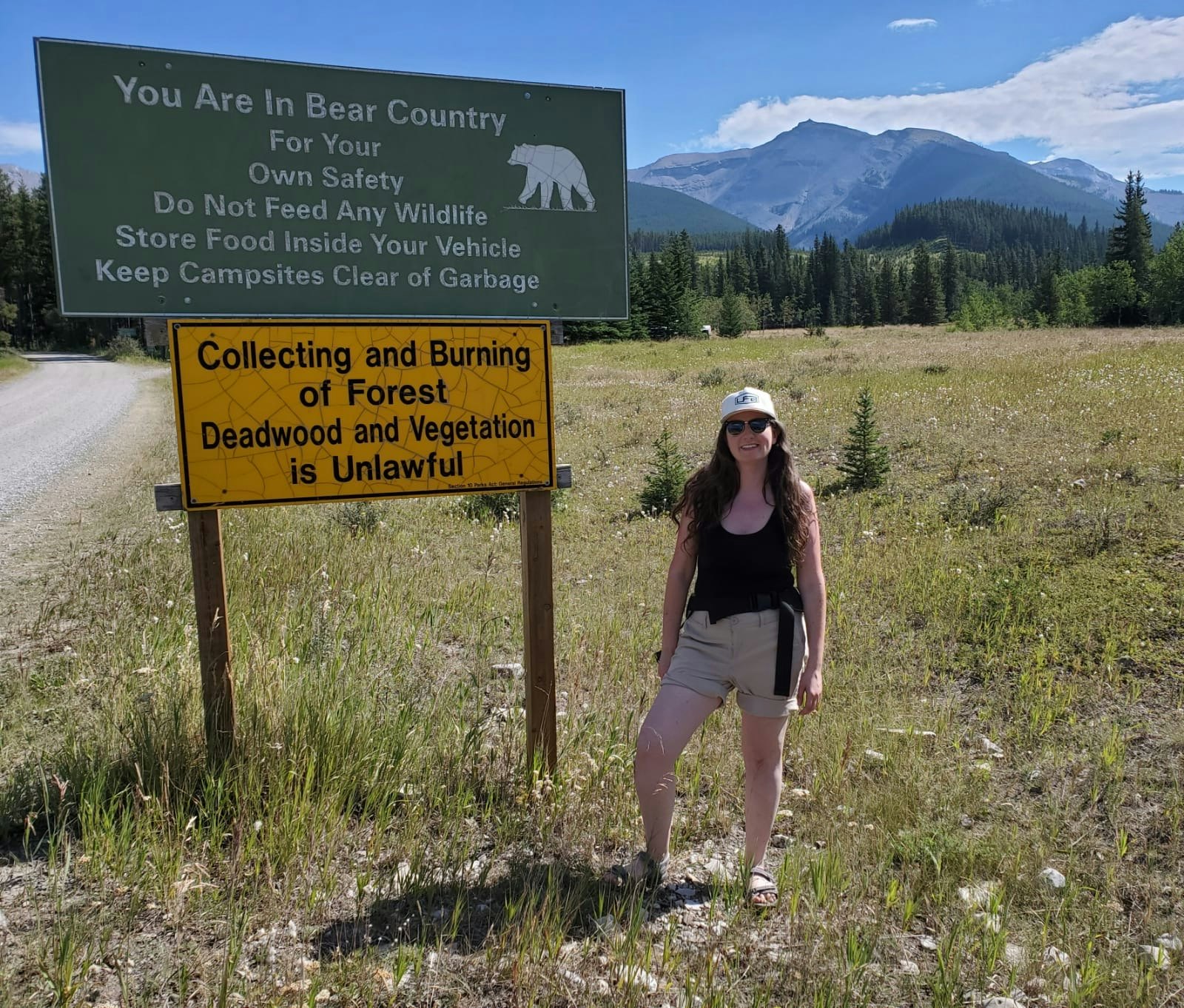
The adventure of a lifetime: Kananaskis Country, Alberta
Alex Butler is a Lonely Planet editor from Alberta, Canada.
While tourists flock to Banff National Park's undeniably dreamy mountain panoramas, just south lies an astounding outdoor recreation area where locals go for epic scenery and solitude.
Kananaskis Country — or K-Country, as you'll hear locals call it — covers roughly 4000 sq km (1444 sq miles) and numerous provincial parks. As a kid, this is where I spent my weekends and summers camping, breaking trails on backcountry hikes, and developing a love for snowshoeing, all with the backdrop of some of the most stunning Rocky Mountain views you can imagine.
The turquoise water of Banff’s Lake Louise captures the imagination of many travelers to this area. But the incredible beauty has brought with it serious overcrowding. In Kananaskis, you’ll find similar experiences, such as a hike to the turquoise pools of Grassi Lakes or seeing towering mountains reflected in clear water at one of my favorite spots, Lower and Upper Kananaskis Lakes. Further south, the walk to Cat Creek Falls, leads to a picturesque waterfall and one of the area's most beautiful picnic spots.
And while this is a more rugged region than an amenity-packed national park, there’s loads to do regardless of your outdoor comfort levels.If you prefer soaking up the views more than strapping on hiking boots, visit the Kananaskis Nordic Spa and pamper yourself. Book a backcountry trail ride for a real Western experience. Or toast a good day’s hike at the Grizzly Paw Taproom in Canmore for craft beer with an epic view.
The further south you go, the fewer people you’re likely to encounter, but remember, this is bear country. It’s important to learn about how to stay safe. Cell phone coverage and pit stops can be infrequent here, so be prepared. The weather is changeable, and snowfall in July isn't unheard of. But with the right preparation, you're in for the adventure of a lifetime.
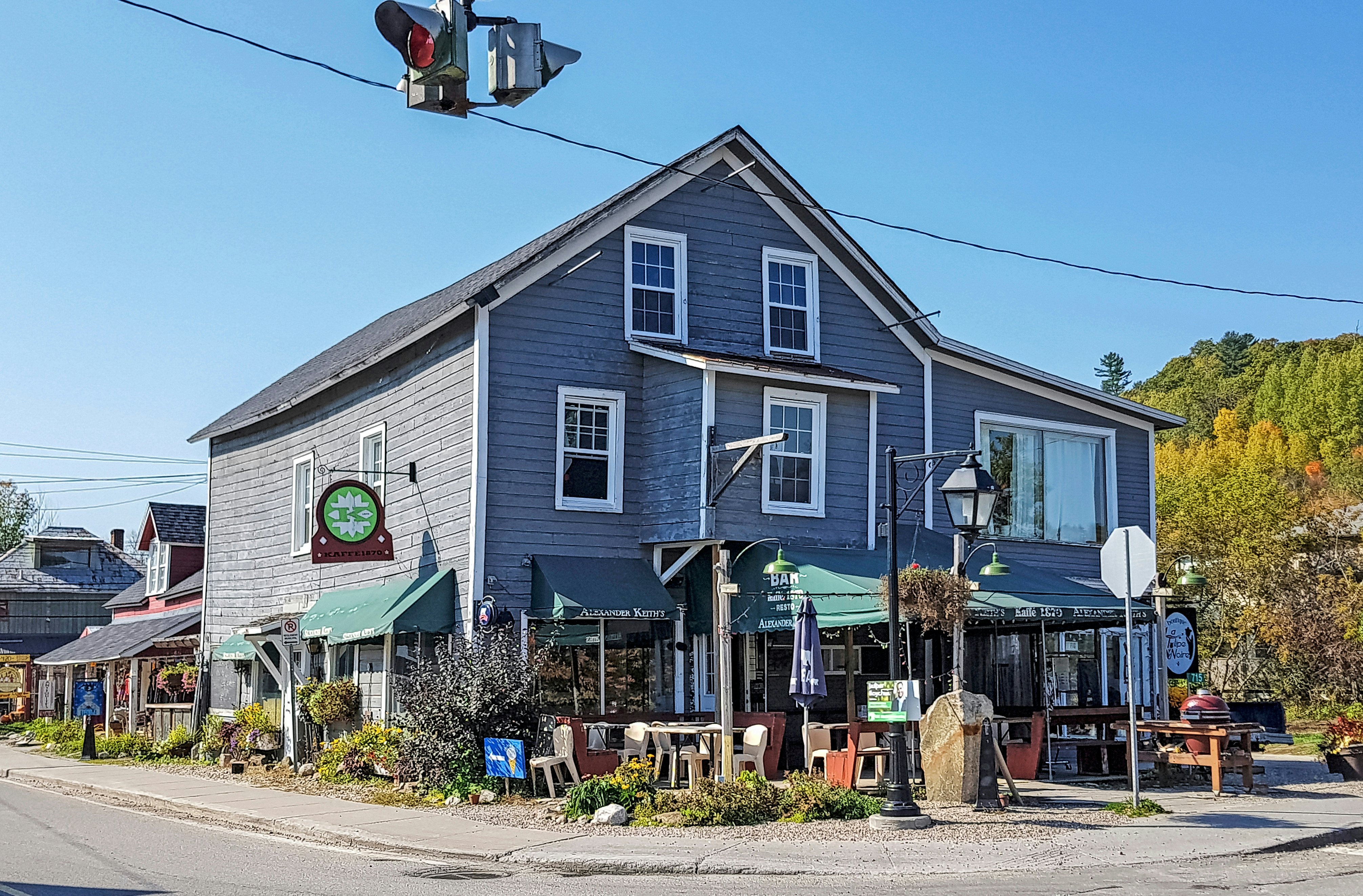
All-season weekender: Wakefield, Québec
Joel Balsam is a Canadian freelance journalist and nomad who is never in the one place for too long.
Head for the hills a 30-minute drive northwest of Ottawa to the vibrant village of Wakefield, Québec. A refuge for American draft dodgers in the 1960s and populated with young families, artists and the proudly quirky, Wakefield punches above its weight with experiences. Perk up your ears to the local gossip while sipping a coffee at Café Earle, grab brunch at Le Hibou and slip into Khewa Indigenous Art Boutique to see Métis artist Nathalie Coutou’s creations.
In the summer, stroll the scarlet red Wakefield Covered Bridge, originally built in 1915 and rebuilt in 1997, and hang out with locals on the Gatineau River banks below. Or explore a natural water labyrinth by pedal boat or stand-up paddleboard at Éco-Odyssée. In winter, ski or snowboard at Sommet Edelweiss or go cross-country skiing or snowshoeing on less-busy Gatineau Park trails. Cap off your visit with a classy dinner at Muse in The Wakefield Mill Hotel & Spa or the Village House, and shake a tailfeather to live local music at the beloved Blacksheep Inn or dive bar Kaffé 1870. If you can stay the night, the Mill is a romantic option, and there are several inns and cozy Airbnbs around.

Hiking and wild swimming: North Shore Mountains, British Columbia
Brendan Sainsbury is a British travel writer who calls British Columbia home.
For me, paradise British Columbian style is running along a sun-dappled trail in Vancouver’s North Shore Mountains with bear spray, water purification tablets, and emergency power bars stuffed into my daypack. The North Shore is the roadless patchwork of peaks and valleys immediately north of Vancouver, accessible via a succession of well-marked trailheads, most of which can be reached by public transportation directly from the city center. I love the ease with which you can penetrate the backcountry from here, quickly swapping salubrious suburbia for a brawny bear-patrolled wilderness.
I’m particularly fond of the rocky scramble to the pointy summit of Crown Mountain, the strenuous boulder-hopping route through the Hanes Valley and the vertiginous peaks and ridges of the 29km-long (18-mile) Howe Sound Crest Trail, a tricky but invigorating hike that juxtaposes narrow traverses with wild swimming in gin-clear glacial lakes.
Most tourists access the North Shore via the Grouse Mountain gondola with its spectacularly sited summit cafe and restaurant. But walk for 20 minutes past the zip line and you’ll cross an imaginary border into an unadulterated world of mossy trees and little-frequented viewpoints where the frenetic city of Vancouver feels light years away.
For accommodation, the Exchange Hotel in downtown Vancouver is an expensive treat worth splashing out on.

Dinosaur bones in "the badlands": Drumheller, Alberta
Karen Henderson is a Canadian Lonely Planet writer and editor.
While many visitors who land in Alberta flock to national parks such as Jasper and Banff, the flatter part of the province holds some unique charms.
Since I was a child knee-high to a velociraptor, my family and I have been driving the dusty, flat road to Drumheller. While the town itself has its own kitschy appeal, from the World’s Largest Dinosaur, an 26m-high (86ft) climbable T-rex, to "the Little Church", which can only hold six people, the real allure is the landscape – come see wind-shaped columns of stone, called hoodoos, and traverse deep, parched canyons carved deep into the earth.
Known as "the badlands", inhabited by eerie, banded rock formations created by millions of years of erosion, it holds some of the largest deposits of dinosaur bones worldwide. You can wander amidst the petrified remains of some of these amazing creatures in the Royal Tyrrell Museum of Palaeontology, which holds Canada’s largest collection of dinosaur fossils. A special highlight is "Black Beauty", the most complete T-rex skeleton in the province, black-hued from the manganese-rich water of its resting place.
The best way to experience Drumheller is to camp. Try the lowkey Bleriot Ferry Campground – from the riverside location, you can kayak and swim in the Red Deer River. Enjoy expansive views of the stunning Red Deer River valley from Orkney Viewpoint, and see the ancient multicolored hills of Horsethief Canyon or its smaller sister, Horseshoe Canyon.
The Last Chance Saloon is a restaurant worth trying for its comfort food and nostalgia. It is in the teeny ghost town of Wayne, about a 15-minute drive southeast of Drumheller. For an extra dose of kitsch, you can also stay overnight in the themed rooms of the adjoining Rosedeer Motel, with motifs like ‘Titanic’ and ‘Cowboy’, or you can camp onsite.
While it might not have the Rocky Mountains, Drumheller has plenty of natural beauty and small-town wonder, which keeps this prairie girl coming back every summer.
Need more ideas of where to go in Canada? Keep planning your trip with our recommendations for the top 15 places and the top 10 beaches to visit.









